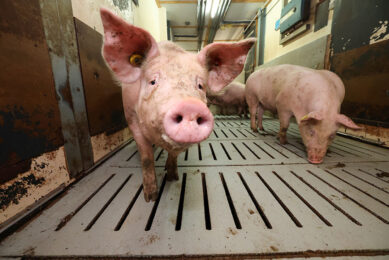Pig cells may treat human diabetes
Researchers in Russia will soon trial a possible treatment for type 1 diabetes involving injecting pig cells into human patients, however, concerns remain.
According to the researchers, this type of treatment could possibly provide a cheaper and more accessible alternative to human cell transplants. However, concerns about xeno-transplantation remain an issue.
In patients with type 1 diabetes, the islet cells of the pancreas do not produce enough insulin to regulate blood glucose effectively. Living Cell Technologies (LCT), based in New Zealand, is extracting neonatal islet cells from pigs, especially bred to be free from common viruses, bacteria and parasites. These pig cells are then coated in alginate (derivative of seaweed), which allows glucose, insulin and oxygen to pass through, but blocks antibodies. These coated pig cells are designed to release insulin in response to blood glucose levels, mimicking the action of pancreatic islet cells.
Maarten Kamp, a diabetes expert at the Gold Coast Hospital in Queensland, Australia: “This is a very reasonable line of investigation.â€
The year-long trial on six people, based at the ANO Institute of Biomedical Research in Moscow, will be run according to US Food and Drug Administration (FDA) standards and is scheduled to start in a few months. It will investigate the safety and effectiveness of the treatment.
LCT hopes to run similar trials in New Zealand later this year. If those go well, it will apply to run Phase II trials in the US.
Related links:











